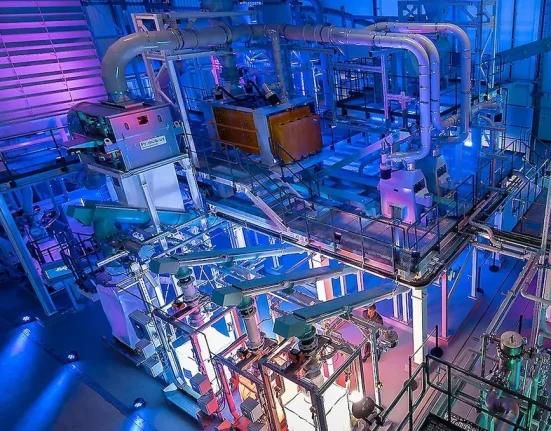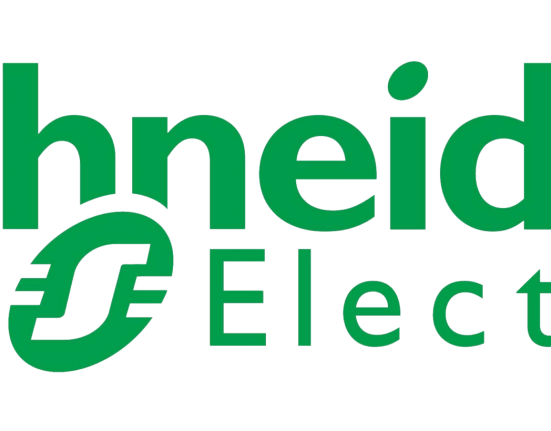Peugeot is staying competitive with its electrification strategy and responsible supplier strategies, championing sustainability throughout its operations
French car manufacturer Peugeot has been putting innovation and sustainability at the forefront of procurement for decades.
The company has social and environmental responsibility embedded throughout, forming ethical partnerships to ensure its customers can be confident in their choices.
With a dedication to efficiency and customer satisfaction, these steps begin with responsible procurement.
A history of success
The Peugeot family business began in 1810, entering manufacturing with a steel foundry which made saws and other hand tools. Over time, the company expanded into other production lines, but all had steel at their core.
In 1889, the first Peugeot automotive vehicle was introduced to the world – a stream-powered three-wheeler. Over the years, it has manufactured a range of award-winning cars and become one of the most recognisable brand names in automotive.
Peugeot – now part of Stellantis – sells vehicles in more than 140 countries and offers the broadest EV line-up of all the European mainstream brands. From urban cars to commercial vehicles, it offers something for everyone.
The company blends French heritage with modern-day innovation to create dynamic vehicles, always staying true to three core values:
Its three core values are:
- Leading the charge
- Sustainability for now & the next generation
- Electrifying the future
Technological innovation
The auto industry has seen some major shifts over the years, with new technology becoming a big part of vehicle transformation. At Peugeot, technology is being implemented to enhance driving pleasure, while also ensuring social and environmental responsibility.
“We’re at a technological and societal turning point in our relationship with the automobile, and the Peugeot brand, through its creativity and innovation, is for me a major player in this evolution,” says Alain Favey, CEO at Peugeot.
Peugeot has been investing in electrification and state-of-the-art technology to ensure its vehicles stay high-performing and socially responsible. It has electrified its entire range, with its E-Lion project built on five pillars: electric, efficiency, experience, education and environment.
Through this project, it is transforming procurement and supply chain operations to deliver the very best standard of product to its customers.
“The Peugeot E-Lion project is paving our way to becoming Carbon Net Zero, focusing on meeting the needs of our customers and helping them embrace the electric era,” continues Alain.
Peugeot’s all-electric vehicles are some of the most efficient in the industry, with a range of up to 435 miles WLTP, fast recharge times and optimised fuel consumption. Hybrid vehicles allow for the possibility of driving in CO2-free electric mode up to 50% of the time, with a 15% reduction in fuel consumption.
Being able to deliver this efficiency to its consumers stems from smart purchasing and efficient decision-making.
Global responsibility
Stellantis, and therefore Peugeot, is dedicated to global responsibility across its entire workforce.
As it has a range of multi-tier supply chains, ensuring integrity and ethical commitment can be complex, but with careful procurement and supply chain strategy, the brand is making sustainable choices which ripple throughout the business.
Localisation
Part of the Stellantis and Peugeot strategy includes supplier localisation. Having suppliers and manufacturing locations close together ensures supply chain efficiency and responsibility, reducing the risk of supply chain disruption and supporting the local community.
The reduction in long-distance shipping slashes CO2 emissions, helping the brand meet sustainability ambitions.
Moreover, localisation of suppliers is a smart procurement choice, as it reduces inbound logistics costs and reduces the exposure to exchange rate fluctuations, which, in turn, affect production costs, margins and sales volumes.
Due diligence
Every year, Stellantis reassesses suppliers to ensure transparency, risk mitigation and improvement in CSR performance.
This ensures the products Peugeot is buying meet the regulations of each country and market it sells in.
As a company, it works hard to ensure it is taking part in responsible purchasing practices.
Who leads procurement at Peugeot?
Monica Genovese is Head of Purchasing at Stellantis, overseeing all of the company’s 14 brands.
She been part of the Stellantis family for three decades, having begun her professional career with Fiat back in 1995.
Monica went on to assume a host of senior purchasing and manufacturing roles with Fiat and then Fiat Chrysler Automobiles, before moving into the Stellantis Group following its inception.
By Louise Collins








Leave feedback about this